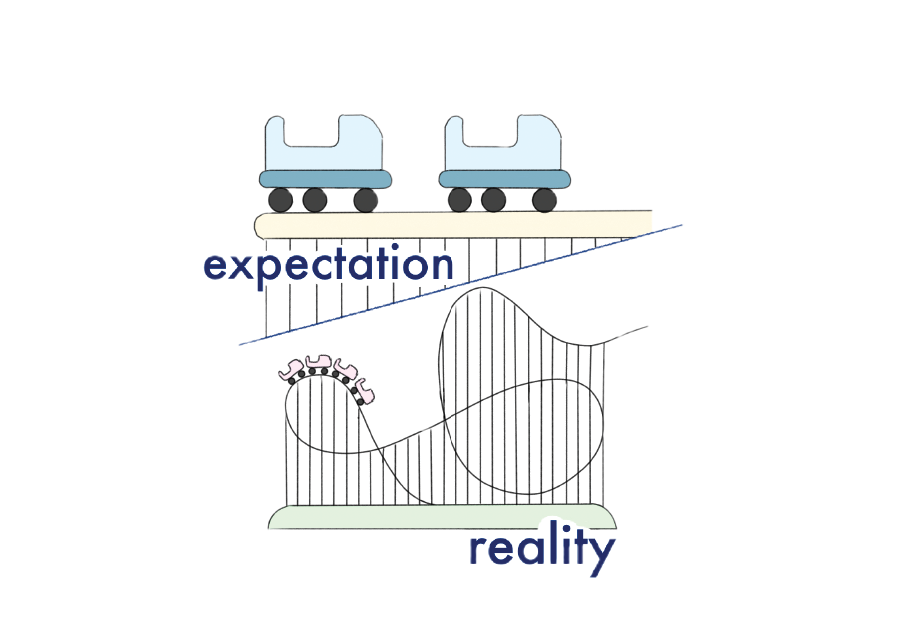After Uber CEO Travis Kalanick resigned amidst a sexual harassment scandal on June 20, Dara Khosrowshahi, the current CEO of Expedia, was offered the job. Although Uber is trying to turn a new leaf, the scandal exposed a major problem with the hostile work environment for women in Silicon Valley, the heart of the booming tech industry in the San Francisco Bay Area. For Hockaday students aspiring to enter the industry, this poses a major issue that can’t be solved with a simple shift in leadership. Rather, the culture among not only bosses but employees in Silicon Valley needs to change.
Before Kalanick’s leave of absence, which ultimately lead to his resignation, an email dubbed the “Miami Letter,” which was sent by Kalanick in 2013, was published in Recode, a technology news website. The inappropriate email which contained a profane sexual rulebook for an upcoming company trip to Miami, is just one of many examples of the atmosphere of sexism and sexual harassment at Uber, which fired over 20 employees due to their harassment claims.
The culture doesn’t just stop with Uber. In a study called “The Elephant in the Valley” conducted by Trae Vassallo, Ellen Levy, Michele Madansky, Hillary Mickell, Bennett Porter, Monica Leas and Julie Oberweis, 60 percent of women working in Silicon Valley tech companies said they experienced unwanted sexual advances. The “Google Manifesto,” published by Google engineer James Damore, details why exactly women shouldn’t be engineers.
“I’m simply stating that the distribution of preferences and abilities of men and women differ in part due to biological causes and that these differences may explain why we don’t see equal representation of women in tech and leadership,” the manifesto read.
Although Uber’s change in leadership is a step in the right direction, more needs to be done on company wide levels. The high level executives aren’t the only ones spreading this culture.
Employees on all levels perpetuate the culture not only by sexually harassing women, but by excluding, gaslighting and not taking them seriously.
Granted, there are initiatives like diversity conferences and training sessions in place for tech companies, but the numbers haven’t changed much. Platforms like Project Include, a non-profit that “uses data and advocacy to accelerate diversity and inclusion solutions in the tech industry”, according to its website, are advocating to increase diversity and inclusion in tech companies.
Sheryl Sandberg, COO of Facebook and former Vice President of Google, founded Lean In, a non-profit organization inspired by her bestselling book with the same title. The book offers personal stories and advice to help women achieve their goals while the nonprofit supports gender equality through conferences, online initiatives and more.
However, the Silicon Valley is still a long way off from being a welcoming workplace for women. At Hockaday, I am surrounded everyday by brilliant girls who I know are going to change the world. I know many of them aspire to do this within the tech industry. I don’t want the misogynistic culture in this industry to stop any of my peers from entering this industry because they are just as capable and talented as any man. This is what Silicon Valley is risking: the minds that could produce the next iPhone or Facebook. This is why the culture needs to change.
Story by Morgan Fisher – Business Manager
Graphic by Emily Baschab






